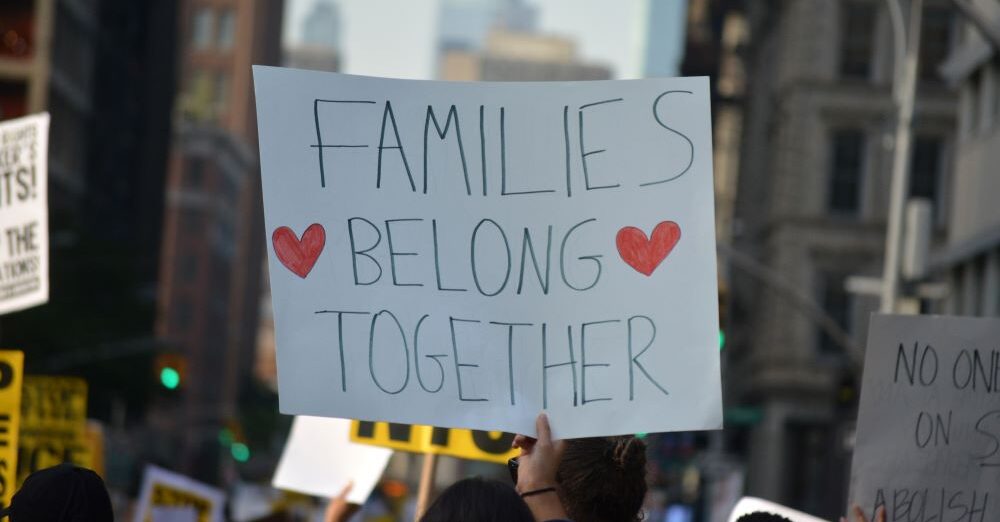Both U.S. and foreign-born children are facing a severe mental health crisis attributed to the impact of current U.S. immigration policies, according to researchers from the School of Medicine at the University of California, Riverside (UCR).
These policies, including deportations, workplace raids, and detainments by U.S. Immigrations and Customs Enforcement (ICE), have been linked to “profound emotional harm” among children, as stated in a report published July 25 in Psychiatric News.
How ICE Raids Ripple Through School Communities
The report identifies aggressive immigration policies enacted earlier this year as a public health emergency for millions of children. The greatly expanded ICE raids create “ripple effects” that disrupt everyday environments previously perceived as safe, such as schools, hospitals, and community centers, reports MedicalXpress. This disruption undermines the ability of caregivers to provide the stability necessary for maintaining a child’s mental health.
Related Article: Most Americans Oppose ICE Raids in Schools, Hospitals, and Churches
Mixed-status families are particularly affected, with U.S.-born children living in constant fear of their parents being detained or deported. The report highlights that pre- and post-migration family separations detrimentally impact children’s emotional development and academic performance. Furthermore, immigrant caregivers, particularly mothers, often experience trauma themselves, which diminishes their capacity to meet their children’s emotional needs.
Long-Term Psychological Effects of Living in Fear of Detainment
The anxiety resulting from ICE raids and potential family separations has been linked to increases in post-traumatic stress disorder (PTSD) and chronic anxiety in children and adolescents. According to the study, this leads many young individuals to avoid school or withdraw from public life altogether.
The UCR report urges policymakers, clinicians, and the media to confront the human costs associated with enforcement-driven immigration systems. Prioritizing the emotional well-being of children is deemed essential, especially for those most vulnerable to these policies.
Related Article: New Immigration Policies Threaten U.S. Healthcare System
Clinical case studies and community-based data included in the report reveal how trauma spans generations, influenced by conditions such as poverty, discrimination, and ongoing fear of enforcement. Additionally, the report outlines emerging care models that demonstrate greater efficacy and ethical consideration compared to traditional mental health interventions.
The White House, in response to the report, stated via email to Newsweek that “Illegal alien parents who do not want to be separated from their children can self-deport as a family.”







